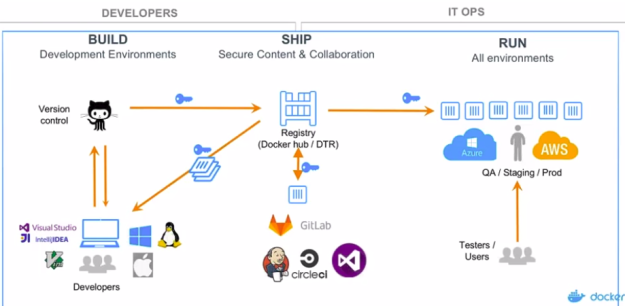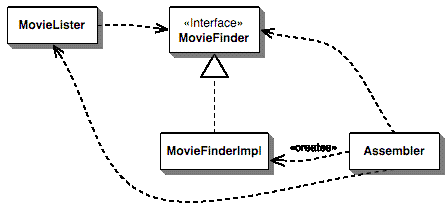The definition of many of the apprenticeship patterns in the book are all in their title, being fairly obvious or sharing language used in idioms or other expressions. However, despite this, our authors usually find a way to expand on them for at least a page or two – most often by sharing a relevant story. Which is why I was shocked at how brief this particular pattern was, just a handful of paragraphs and another for our story. The brevity of pattern however did not lessen its impact on me, and I have come away with a renewed confidence. As someone who needs structure in order to work effectively, I imagine the deep end would involve a great deal of work and specifically responsibility – which I respond to quite well also.
I had already determined to seek out an internship or entry level position outside of my home state. Further, I wanted to join a company where I, of course, could be actually hired but one that would truly test the limits of my skills. Ideally, I would want it to be an internship though, cause as much as I want to make this change in scenery, I’m still hesitant to get stuck someplace I’m miserable. I think the true test will not just be getting a position away from home but finding a place for myself in that new place and maybe even gaining the confidence to stay and accept a job at the company – in the case of an internship.
I did find one internship that states that they will make no “intern-work” and one should be expected to work as a peer with the rest of their fellow employees; and on a massively used and well-known mobile application no less. I jumped at the chance to apply for this position, and I am incredibly hopeful I get it, as it is the perfect storm of conditions I am hoping for. Enrique’s story is still a little too dramatic for me to imagine emulating, but I hope if the opportunity to work in another country even presents itself, I will have the confidence to take it.
From the blog CS@Worcester – Press Here for Worms by wurmpress and used with permission of the author. All other rights reserved by the author.




